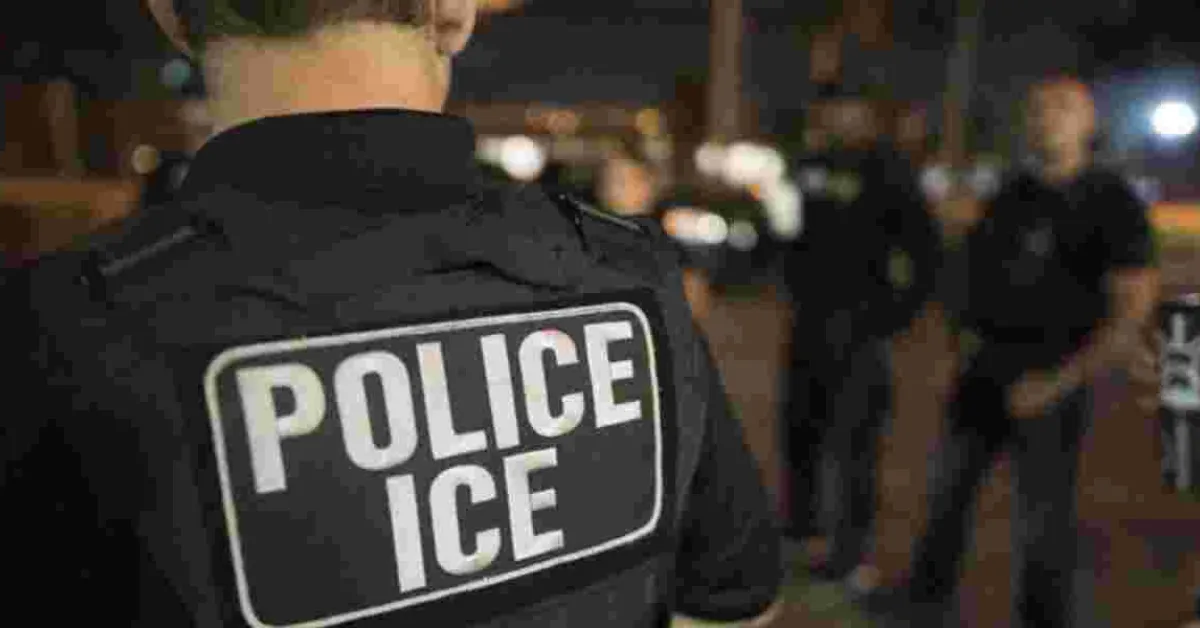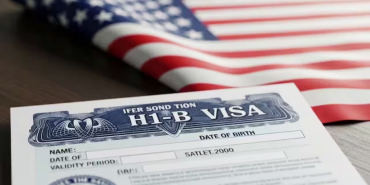Trump Plans to Dismantle ICE Protections for Undocumented Immigrants in Churches, Hospitals

President-elect Donald Trump is set to implement a significant policy change that would allow Immigration and Customs Enforcement (ICE) agents expanded authority to detain undocumented immigrants in traditionally protected spaces, including churches, schools, and hospitals.
This policy is anticipated to take effect immediately upon his inauguration.
The forthcoming shift marks a notable departure from the 2011 guidelines that restricted ICE activities in sensitive locations. Under the existing framework, agents were required to obtain supervisory approval for detentions in these spaces, allowing exceptions only for urgent national security issues or the apprehension of serious felons. In contrast, the Trump administration plans to rescind these limitations, streamlining operations to enhance the efficiency of ICE's enforcement efforts.
Tom Homan, who has been appointed as Trump's border czar, has articulated an aggressive strategy focused on deportations, a move that has already instilled fear in immigrant communities and among advocacy groups. The anticipated policy change is considered crucial in accelerating the deportation process for approximately 11 million undocumented immigrants currently residing in the United States.
Proponents argue that removing these restrictions will simplify ICE's workflow by eliminating the need for frontline agents to seek approval for detentions in sensitive areas. Ron Vitello, former acting director of ICE, reinforces this perspective, indicating that the removal of constraints would significantly expedite the agency's operations.
"Their workflow will get easier on Jan. 20," Vitello notes, referencing the operational efficiencies anticipated from the policy adjustment.
However, this change has raised considerable alarm among immigrant rights organizations and community leaders. Advocacy groups such as the American Civil Liberties Union (ACLU) and Human Rights Watch warn that the policy could deter immigrants from seeking critical services or attending educational institutions due to fears of detention.
Vicki Gaubeca, the association director of immigration for Human Rights Watch, expresses concern that the policy could lead to increased absenteeism among students and escalate anxiety within immigrant communities. Furthermore, religious leaders, who traditionally offer sanctuary to undocumented immigrants, fear that the new policy may intensify harassment and intimidation.
The potential for increased ICE activity in these historically safe spaces raises significant concerns about the implications for immigrant protection and the erosion of community trust.














Comments
If they aren't illegal, …
Permalink
If they aren't illegal, they have nothing to fear.
Add new comment